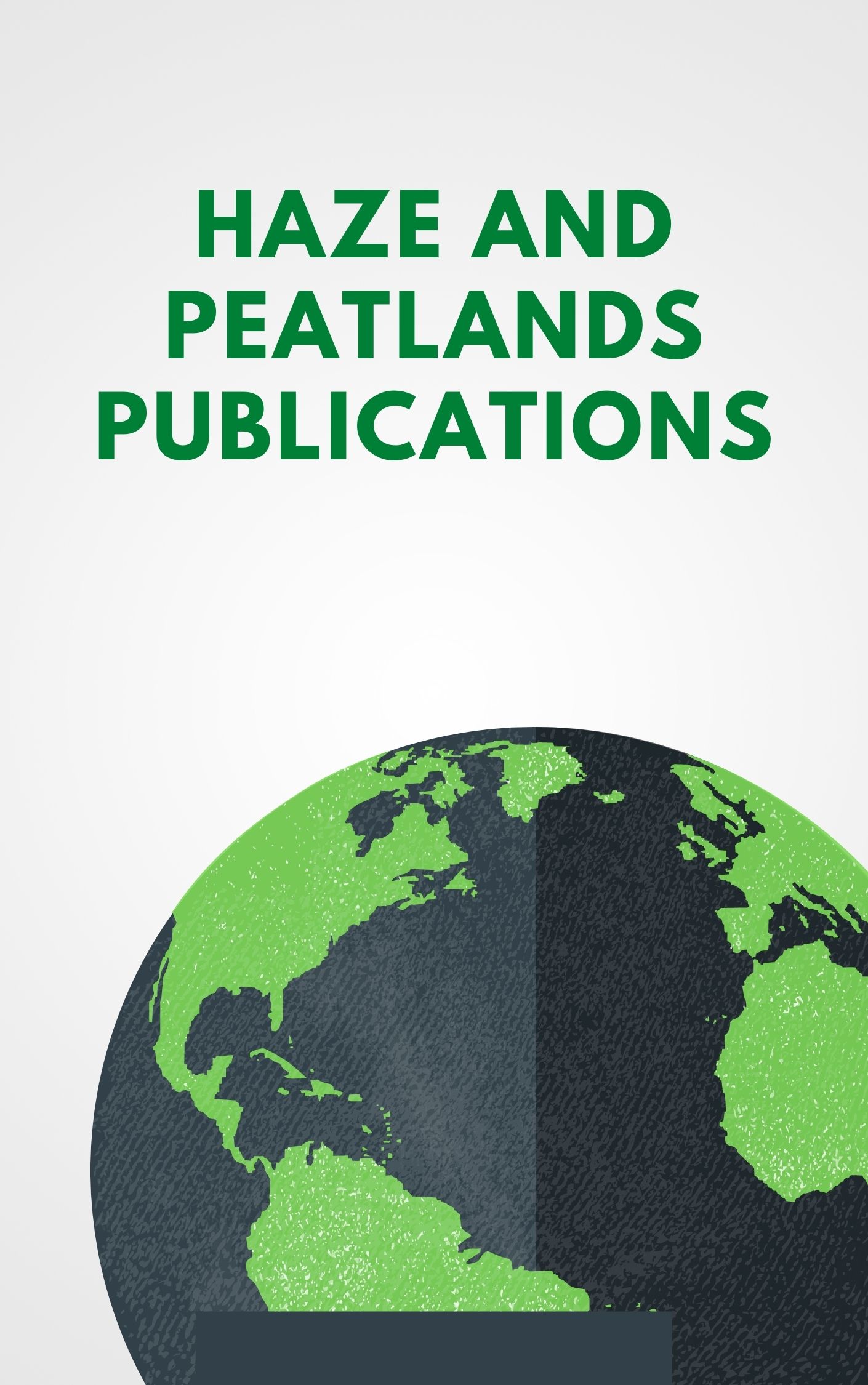Plastic waste is a big issue in Thailand, but the amount of recycled plastic in Thailand is still low due to the high investment and operating cost. Hence, the rest of plastic waste are burnt to destroy or sent to the landfills. In order to be financial viable, an effective reverse logistics infrastructure is required to support the product recovery activities. However, there is a conflict between reducing the cost and raising environmental protection level. The purpose of this study is to build a goal programming (GP) so that it can be used to help analyze the proper planning of the Thailand's plastic recycling system that involves multiple objectives. This study considers three objectives; reducing total cost, increasing the amount of plastic recovery, and raising the desired plastic materials in recycling process. The results from two priority structures show that it is necessary to raise the total cost budget in order to achieve targets on amount of recycled plastic and desired plastic materials. © 2009 WASET.ORG.

